Protein is a vital nutrient that plays a crucial role in the overall health and well-being of our bodies. It is the building block of muscles, skin, enzymes, and hormones, and it plays a critical role in many bodily processes. Whether you are looking to enhance your fitness, improve your health, or navigate the changes of perimenopause, menopause, or post-menopause, prioritizing protein in your diet is essential.
Benefits of Protein
- Muscle Growth and Maintenance: Protein is essential for building and repairing muscle tissue, which is particularly important as we age. Studies show that a high-protein diet can assist muscle growth and strength, especially when combined with strength training. Research indicates that protein supports muscle repair and growth, particularly after exercises like strength training and running.
- Weight Management: Protein can help you feel full longer, reducing overall calorie intake and aiding in weight management. It reduces appetite by increasing the levels of satiety hormones, making it easier to control cravings. Protein can aid in weight loss by helping you feel full longer, which might lead to reduced calorie intake.
- Metabolism Boost: Consuming protein increases your metabolic rate more than fats or carbohydrates, helping you burn more calories. This thermic effect of protein can significantly boost metabolism.
- Bone Health: Adequate protein intake is linked to better bone health and a reduced risk of osteoporosis. Protein helps maintain bone mass, which is crucial for women, especially post-menopause.
- Hormonal Balance: Protein is involved in the production and regulation of hormones, which is crucial for overall health and well-being.
Tips for Adding Protein to Your Diet
- Start with Breakfast: Include protein-rich foods like eggs, Greek yogurt, or a protein smoothie to kickstart your day.
- Incorporate Protein in Every Meal: Aim to include a source of protein in every meal and snack. This can be as simple as adding nuts to your salad, having a piece of grilled chicken, or a serving of tofu.
- Choose Lean Proteins: Opt for lean protein sources such as fish, chicken, turkey, and plant-based proteins like beans, lentils, and quinoa.
- Snack Wisely: Select protein-rich snacks like cheese, almonds, or a protein bar to keep you satisfied between meals.
- Diversify Your Sources: Include a variety of protein sources in your diet to ensure you get a range of nutrients. Combine animal and plant-based proteins for a balanced approach.
Protein and Menopause: Why It Matters
For women going through perimenopause, menopause, or post-menopause, protein becomes even more critical. During these stages, hormonal changes can lead to muscle loss, weight gain, and decreased bone density. Here’s why prioritizing protein is essential:
- Preserve Muscle Mass: As estrogen levels decline, muscle mass naturally decreases. Adequate protein intake helps to preserve and build muscle tissue.
- Support Bone Health: Protein plays a vital role in maintaining bone density, reducing the risk of osteoporosis and fractures.
- Manage Weight: Protein helps control appetite and supports metabolism, making it easier to manage weight during these hormonal changes.
Taking Your Wellness to the Next Level: Protein and Weight Lifting
To maximize the benefits of protein, pair it with regular weight lifting. Strength training exercises are essential for maintaining and building muscle mass, especially during menopause. Here’s how combining protein with weight lifting can help:
- Enhanced Muscle Growth: Protein provides the necessary building blocks for muscle repair and growth after strength training.
- Increased Strength and Functionality: Weight lifting improves muscle strength and functionality, enhancing overall physical performance and reducing the risk of falls and injuries.
- Improved Metabolism: Building muscle through weight lifting can boost your metabolic rate, helping you burn more calories even at rest.
Recommended Protein Shakes
In addition to our high-protein recipe program, here are some protein shakes we recommend to help you boost your protein intake effortlessly:
- Just Ingredients Protein Shake: This whey protein shake is made with clean ingredients and is perfect for post-workout recovery or a quick meal replacement.
- Equip Protein Shake: Another great whey option, Equip offers a delicious flavor profile and is free from artificial additives, making it an excellent choice for those looking to increase their protein intake without compromising on quality.
- Organifi Protein Shake: For a plant-based option, Organifi provides a nutrient-rich protein shake that is both delicious and satisfying, perfect for smoothies or as a snack.
- Truvani Protein Shake: This plant-based protein shake is made from organic ingredients and is great for those who prefer a vegan option while still getting their protein fix.
Incorporating these protein shakes into your daily routine can help you meet your protein goals, especially on busy days. Remember, while protein shakes are a convenient option, it’s always best to prioritize whole food sources of protein in your diet.
Conclusion
Prioritizing protein in your diet is crucial for maintaining and enhancing your overall health, especially during the stages of perimenopause, menopause, and post-menopause. By including protein in every meal and snack and pairing it with regular weight lifting, you can support muscle growth, bone health, and overall well-being. Remember, it doesn’t have to be complicated—the most important thing is to ensure you are getting enough protein to meet your body’s needs.Enjoy our gift to you with our high-protein recipe program, designed to inspire you on your journey to adding more protein to your meals. Share your favorite high-protein recipes with us!

